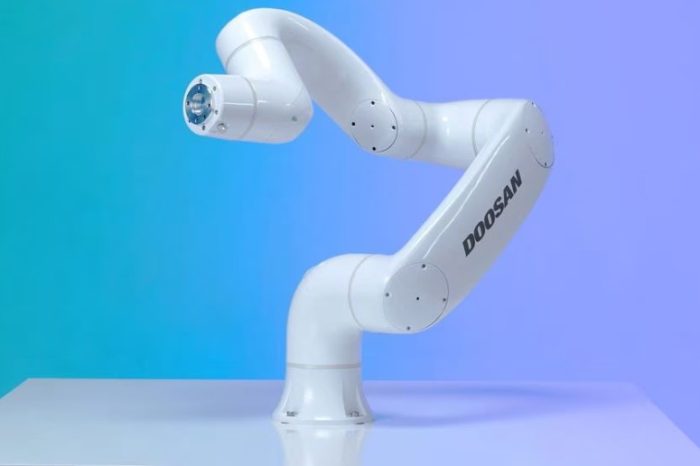Apple fixes iPhone 15 overheating issues with the release of a new iOS 17.0.3 update

After a few days of waiting, Apple has finally released a new iOS 17 software update to solve the iPhone 15 overheating problems. In a post on its website, the iPhone maker announced today that the new iOS 17.0.3 “provides important bug fixes and security updates, and addresses an issue that may cause iPhone to run warmer than expected.”
As part of this update, Apple listed security fixes that address two specific issues on both iOS and iPadOS (reported via 9to5Mac). One of these fixes addressed a kernel exploit that could be exploited by an attacker with local access to the device, a vulnerability that Apple noted “may have been actively exploited against versions of iOS prior to iOS 16.6.”
The second fix addressed a libvpx bug, previously cautioned against by CISA, which could potentially allow unauthorized remote access to a device. This particular bug has also been recently patched in applications like Chrome and Firefox.
“This update provides important bug fixes and security updates, and addresses an issue that may cause iPhone to run warmer than expected,” Apple said in its patch notes.
The reports about iPhone 15 overheating issues started late last month when users of the iPhone 15 Pro took to social media to voice their grievances. Users reported that their iPhones, equipped with titanium casings, were experiencing overheating issues, with temperatures surpassing 120 degrees. In a particularly concerning case, one iPhone user said that the overheating problem had made the phones too hot to handle, leading to unexpected shutdowns.
“The natural titanium iPhone 15 Pro gets extremely hot, so much so that it becomes difficult to hold. Furthermore, it heats up after just a 2-minute FaceTime call or when scrolling through reels for 8-10 minutes,” one user explained.
However, Apple blamed the overheating problems on a combination of factors, including issues related to particular apps like Instagram and Uber, post-transfer background processing, as well as unspecified bugs within iOS 17.
Then, on October 2, Apple announced its plans to release a software update aimed at resolving the overheating issues. In a statement made over the weekend, the tech giant revealed that it had identified “a few conditions” contributing to higher-than-expected temperatures.
On September 13, Apple unveiled its new iPhone 15 Pro with a titanium case and USB-C charging. These new phones come with a titanium shell, a faster chip, and enhanced video game capabilities. One significant change is the switch to a USB-C port for charging, aligning with EU regulations set to take effect in 2024 to reduce electronic waste.
But the excitements were short-lived and iPhone 15 Pro sales were off to a rocky start as users complained the titanium iPhone 15 Pro overheated up to 122 degrees.




